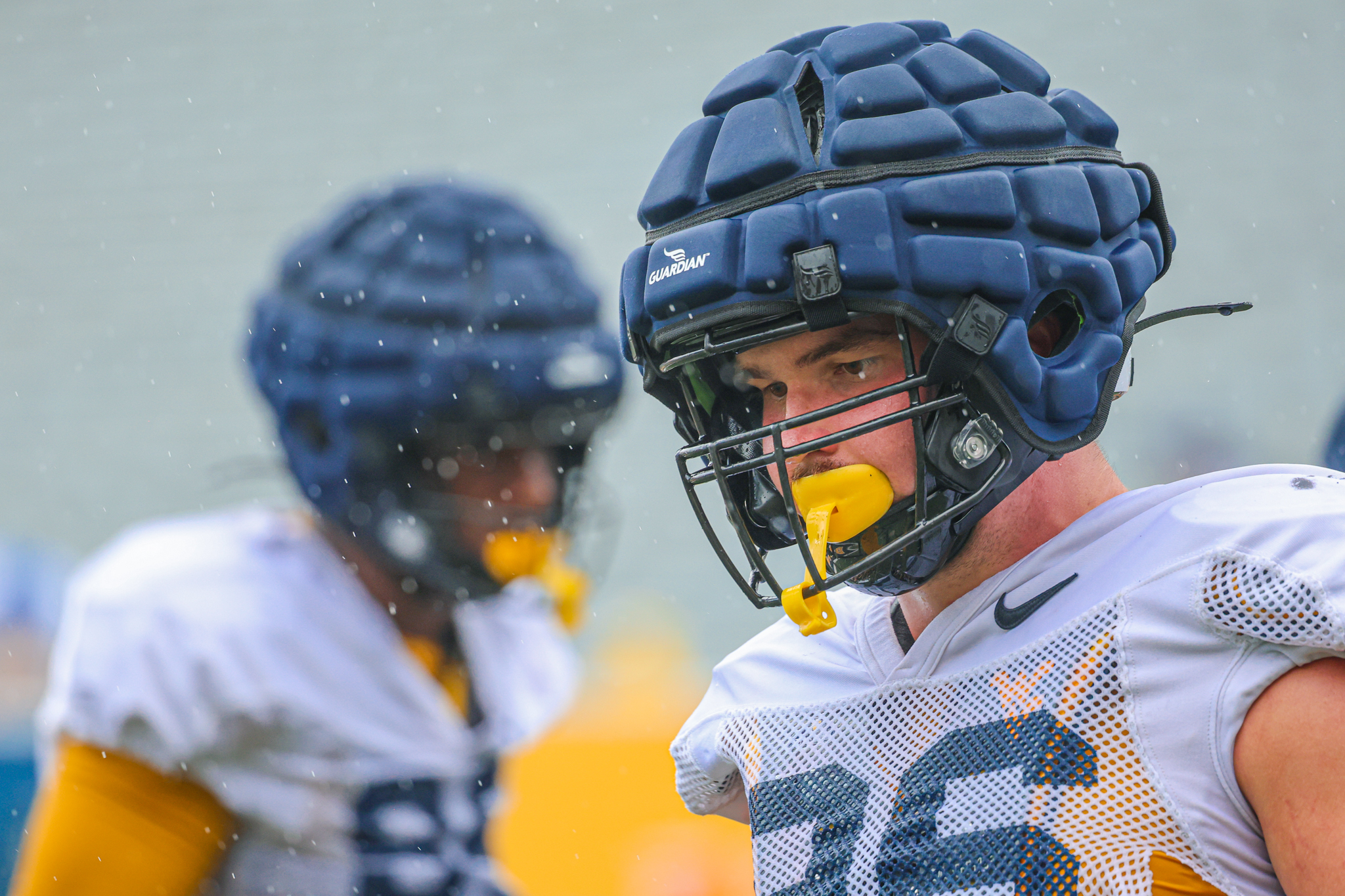CHARLESTON, W.Va. –Senate Bill No. 585 is off to the West Virginia Senate for consideration.
The Senate Judiciary Committee passed the bill on Wednesday, entitled the “Cohen Craddock Student Athlete Safety Act.”

Craddock, a 13-year-old middle school football player in Boone County, passed away last August after suffering a football-related head injury during a practice.
The bill would require all youth football players in West Virginia to wear a soft-shell cover such as Guardian Caps on their helmets for organized practice. The legislation would also establish a grant program in Craddock’s honor to cover the cost of the helmet covers and would create a Student Athlete Safety Advisory Council to explore ways to improve safety for all sports.
Ryan Craddock, the father of Cohen, spoke before committee members on Wednesday. He recalled a time shortly after his son’s death where he began researching what could be done to prevent incidents like Cohen’s from happening again. He said he had no knowledge of Guardian Caps until after the fact.
“I was unaware that the Guardian Caps were even a thing,” Craddock said. “I opened up my phone and low and behold, there is stuff out there for these kids, but our kids didn’t have them.”
Guardian Caps were a topic of discussion before Craddock’s death, as the NFL mandated its players to dawn the protective shells during practices back in 2022, with the exception of quarterbacks, kickers, and punters. The NFL authorized players to wear Guardian Caps in games if they chose to before the start of the 2024 season.
Craddock says he couldn’t understand why youth football players with undeveloped brains weren’t able to benefit from similar mandates.
“You can imagine my frustration when I figured out that the NFL and colleges were mandating these (Guardian Caps),” Craddock said. ” We are taking care of grown men, professional athletes and college people as opposed to taking care of our children in the developmental stages of their brain growth.”
Senator Eric Tarr, R-Putnam, who has a background in physical therapy and concussion management, responded to Craddock with a slight concern in the limited resources available in athletics within the state for head injuries and treatment.

“My concern comes when we come in to mandate certain equipment, a certain newest, greatest medicine type thing on anything when it comes to treatment, is the limited amount of resources that we have,” Tarr said. “That’s my main concern here because I want the children to be safe as well.”
“It (the bill) requires the use of it (Guardian Caps) for football athletics throughout our schools in West Virginia, and the expense associated with requiring that would take away from some of the things, potentially, that may be more evidence-based to be able to prevent injury or death of our athletes.”
Tarr also says that some medical sources say Guardian Caps do not provide the protection that some have pointed to.
“There are things out there that show that show that there is not evidence yet from the cap that, relative to concussion itself, that it has any difference than if you don’t have the cap on. There are pretty good medical journals that show that,” Tarr said.
Dr. Javier Cardenas is the director of the Concussion & Brain Injury Center at the WVU Rockefeller Neurosciences Institute. He also serves as the vice chair for the NFL’s head, neck, and spine committee.

Cardenas reports that when Guardian Caps were mandated in NFL practices three years ago, the league saw concussions reduce by 50%. He reported that the number was a surprise, and he warned colleagues to be ready for that number to be an anomaly, but as seasons went on and the league mandated the caps for additional positions, they saw what he described as a “continued reduction.”
Cardenas says that while Guardian Caps reduce concussions, the main purpose of the NFL mandate was to protect players from continued head impact, regardless of a concussion being the result or not.
“The original intent was not just to reduce concussions, but to reduce the repetitive head impact, which is an issue for all of our youth at all levels,” Cardenas said. “If we can reduce the exposure to these head impacts, which this bill includes, then that is a positive thing from my perspective.”
Another potential issue brought up during the committee meeting was the fact that some schools in West Virginia with little funding have athletes using old and outdated helmets during practice and games, with some using helmets a decade old or older.
Rod Zides has fit over 500,000 helmets in his career and fits the helmets for the West Virginia University football team year in and year out. He says there needs to be strict cutoffs for aged helmets with youth football players in the state.
“There should not be 10-year-old football helmets on the field,” Zides said. “We will not service a football helmet that is that old. We have a cutoff of seven years for junior high and below, and six years for high school and above.”

David Price, the executive director for the West Virginia Secondary Schools Activities Commission (WVSSAC), also spoke before committee members Wednesday. He says the SSAC is all in on helping where they can.
“We are for anything that will help reduce risk,” Price said.
Before the committee voted on the bill, Craddock gave a final message.
“We all want to protect our kids, every one of us. I wish I could do more for mine,” Craddock said. “This bill is addressed to do that.”
This content is reposted from the source: https://wvmetronews.com/2025/03/05/bill-requiring-guardian-caps-for-youth-football-passes-through-senate-judiciary-committee-in-wake-of-recent-tragedy/



